Scalable Design-Program-Compilation Optimizations for Quantum Algorithms
Tutorial at DAC’22
Abstract
The fast growing on the number of qubits in recent years has brought new challenges in designing, programming, synthesizing, and mapping applications to quantum computers at scale: (1) how to synthesize and map the logical circuit to physical qubits; (2) how to program applications to adapt to quantum computing; (3) how to design a quantum circuit for Q learning with Q advantage?
This tutorial is composed of three sessions to address all these issues. All attendees will leave with code examples that they can use as the backbone implementation to their own projects
Tutorial Sessions
Session 1: Qubit Mapping and Scheduling: Gap Analysis and Optimal Solutions
Researchers from University of California, Los Angeles (UCLA) will introduce the quantum mapper, namely OLSQ. OLSQ refers to the optimal layout synthesis which maps a quantum program to a real quantum computer under its hardware constraints.
Speakers
Jason Cong, cong@cs.ucla.edu
Bochen Tan, bctan@cs.ucla.edu
Resources
https://github.com/UCLA-VAST/OLSQ (Source Code of OLSQ)
https://arxiv.org/pdf/2007.15671.pdf (OLSQ)
https://arxiv.org/pdf/2109.06445.pdf (OLSQ-GA)
https://arxiv.org/pdf/2002.09783.pdf (QUEKO)
Session 2: Enabling Deeper Quantum Compiler Optimization at High Level
Researchers from University of California, Santa Barbara (UCSB) will introduce the quantum compiler, namely Paulihedral. Paulihedral is a block-wise compiler framework that can deeply optimize the quantum simulation kernels.
Speakers
Yufei Ding, yufeiding@cs.ucsb.edu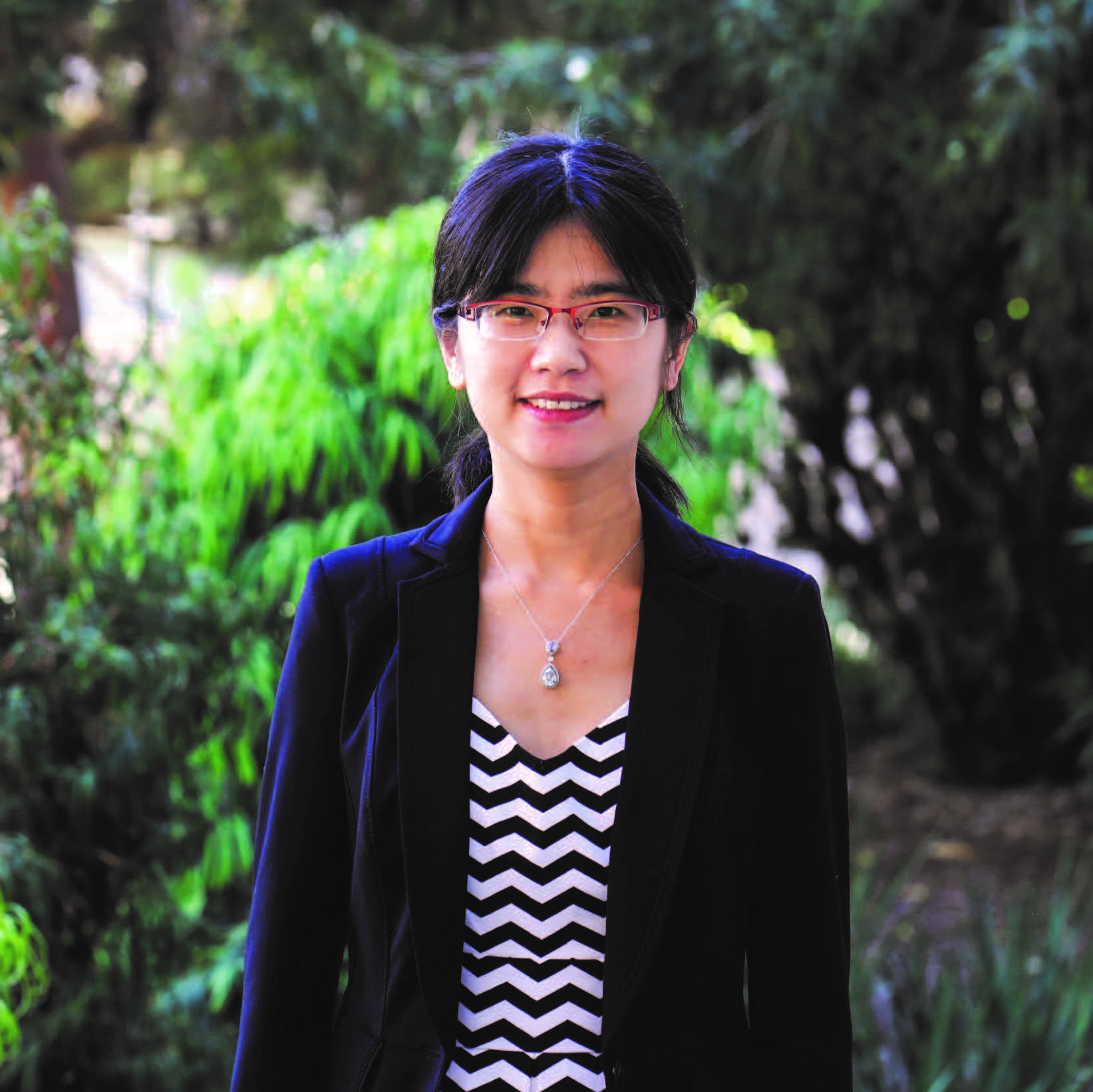
Gushu Li, gushuli@ece.ucsb.edu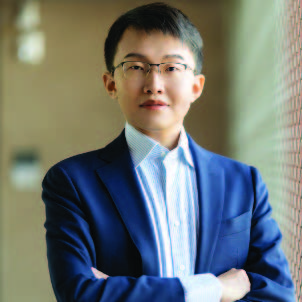
Resources
[Slides]
https://zenodo.org/record/5780204 (Paulihedral Artifact)
https://dl.acm.org/doi/pdf/10.1145/3503222.3507715 (Paulihedral)
https://dl.acm.org/doi/abs/10.1145/3470496.3527381 (QEC Compiler)
Session 3: Towards Quantum Learning Democratization —— Start from Building a Quantum Neural Network Design Stack
Researchers from George Mason University (Mason) will introduce the quantum ML design, namely QuantumFlow. QuantumFlow focuses on design and optimize quantum learning algorithms toward near-term quantum computers.
Speakers
Weiwen Jiang, wjiang8@gmu.edu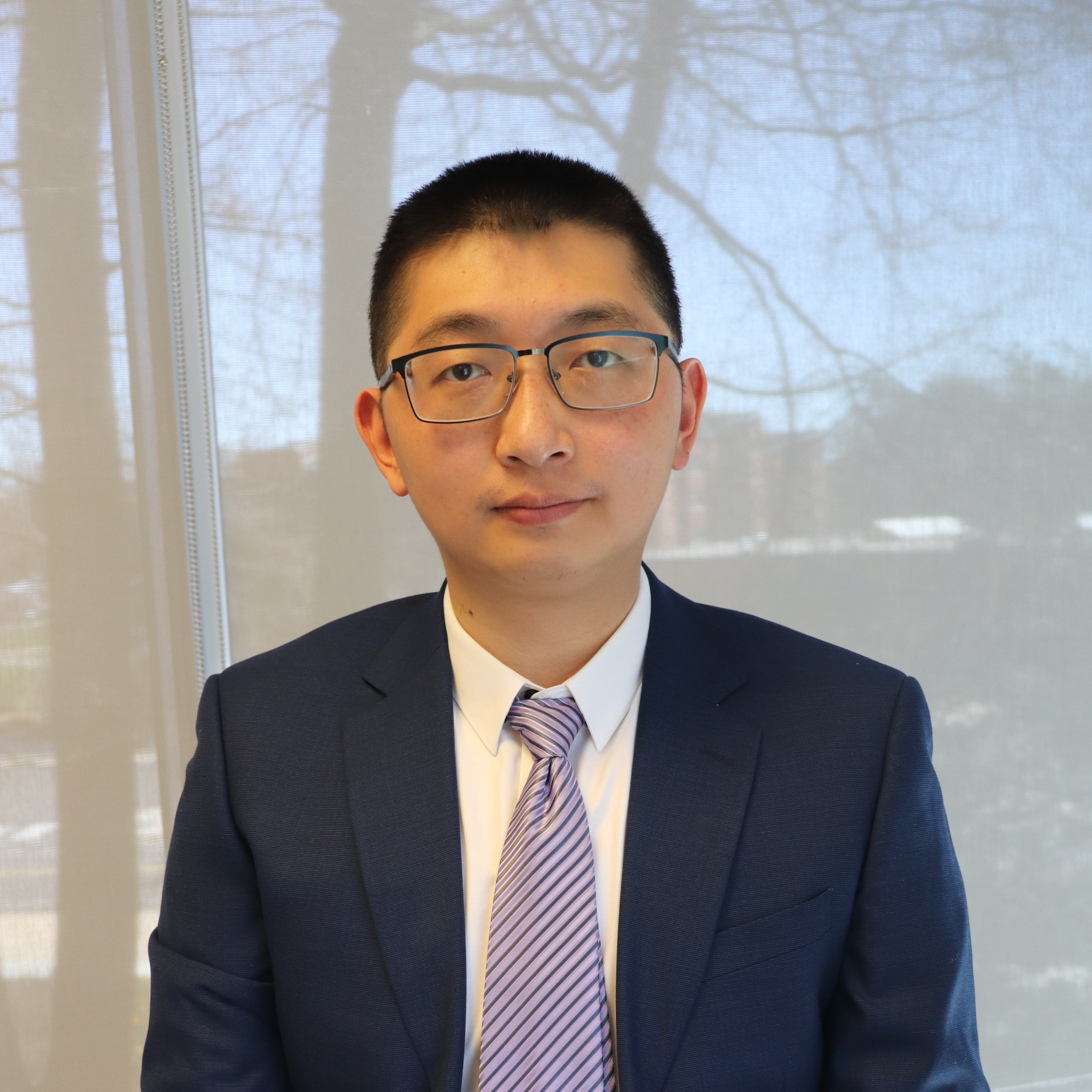
Zhepeng Wang, zwang8@gmu.edu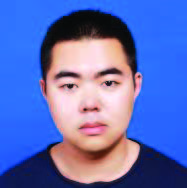
Zhiding Liang, zliang5@nd.edu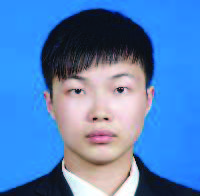
Resources
[Slides]
[Colab1]
[Colab2]
[Github]
https://github.com/JQub/qfnn (Source Code of QFNN API & Place to post Issues)
https://jqub.ece.gmu.edu/categories/QF/qfnn/ (QFNN Documents)
https://www.nature.com/articles/s41467-020-20729-5 (QuantumFlow)
https://arxiv.org/pdf/2109.03806.pdf (QF-Mixer)
https://arxiv.org/pdf/2203.17267.pdf (VQP)
https://arxiv.org/pdf/2207.01578.pdf (CompVQC)
Contact
All questions about submissions should be directed to Weiwen Jiang
Organizers
- Weiwen Jiang, George Mason University
- Yiyu Shi, University of Notre Dame

